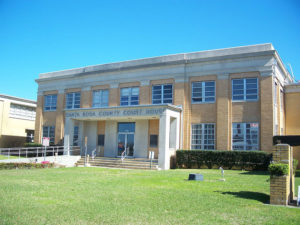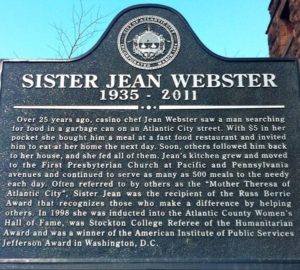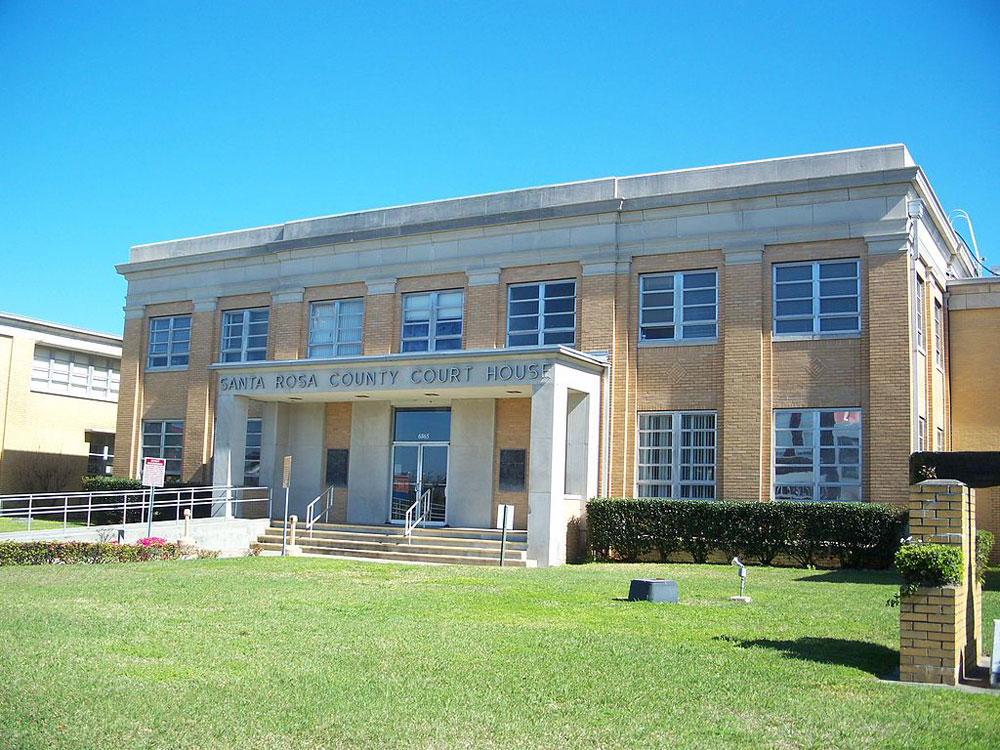April 29, 2015; Savannah Morning News (Savannah, GA)
Sometimes, public-private partnerships go too far in one direction. In this case, a government agency was criticized for placing too much of its authority in the hands of a partner nonprofit that was much less accountable and transparent with how it spent the public’s money.
South Carolina state auditors called out that state’s commerce department for setting up a nonprofit organization with the South Carolina Coastal Conservation League to appropriate $5 million to offset the destruction of wetlands at a site that is now a Boeing factory near Charleston.
The Savannah Morning News reports that the auditors ruled that Commerce failed to provide adequate oversight for the nonprofit’s complex dealings. Saying that they “could not determine the benefit of creating a nonprofit entity to accomplish this particular purpose,” they advised the agency not to take similar action in the future.
Sign up for our free newsletters
Subscribe to NPQ's newsletters to have our top stories delivered directly to your inbox.
By signing up, you agree to our privacy policy and terms of use, and to receive messages from NPQ and our partners.
The audit report said that the nonprofit spent $5.3 million when “only $743,000 was needed to buy or preserve property to meet federal requirements to offset the loss of wetlands caused by building the plant.” The funding was part of a $160 million incentive package the state offered a precursor to Boeing to attract it in 2004. It is now a plant for its 787 Dreamliners, employing about 6,000 workers.
The paper reports that auditors said the nonprofit entity, the Ashley-Cooper Rivers Environmental Trust, made purchases that were not wetlands, were outside the target watershed, were a substantial distance from the site, and were already protected with less-stringent easements. They called the purchases “inconsistent with standards for wetlands mitigation and the purpose for which the trust was created.”
The review came from a request from members of South Carolina’s legislature, and it prompted the state’s commerce secretary to say that “in hindsight, a decade later, perhaps Commerce staff should have or could have done more to oversee the process.” At its formation, the department believed it had the necessary controls in place and that the Trust “was an innovative way to implement Commerce’s commitment.”—Larry Kaplan












